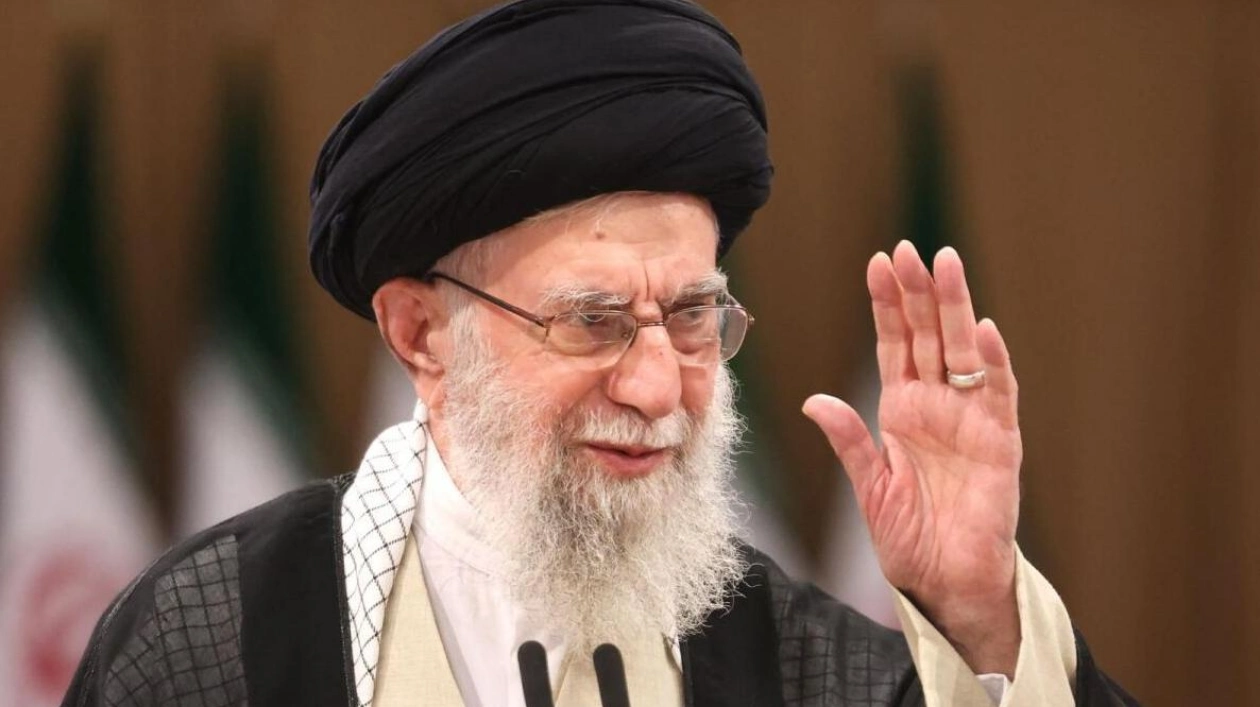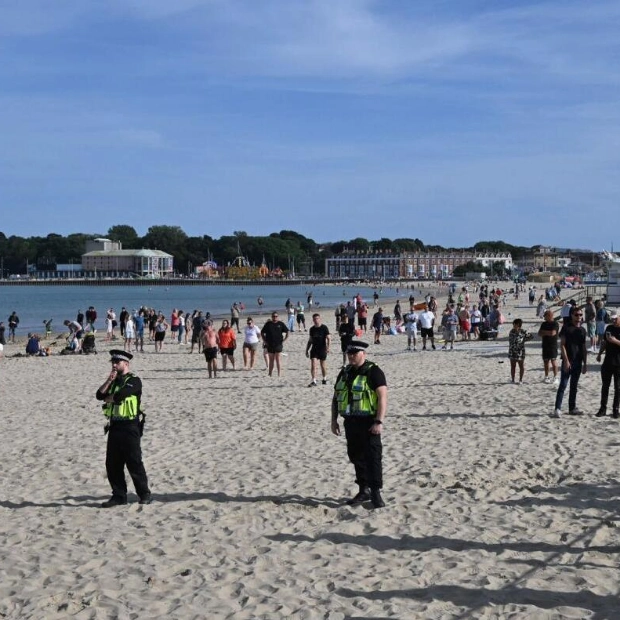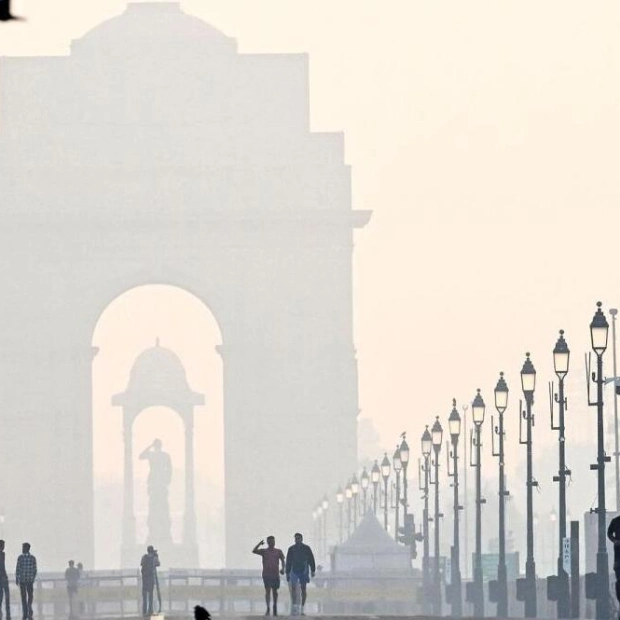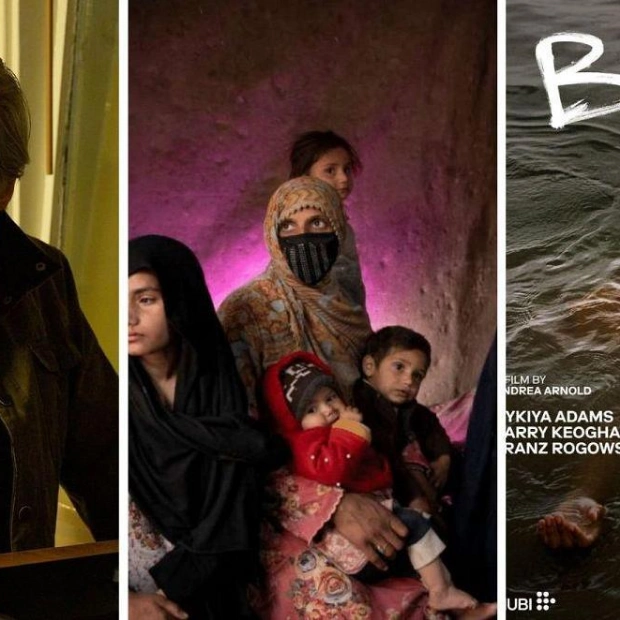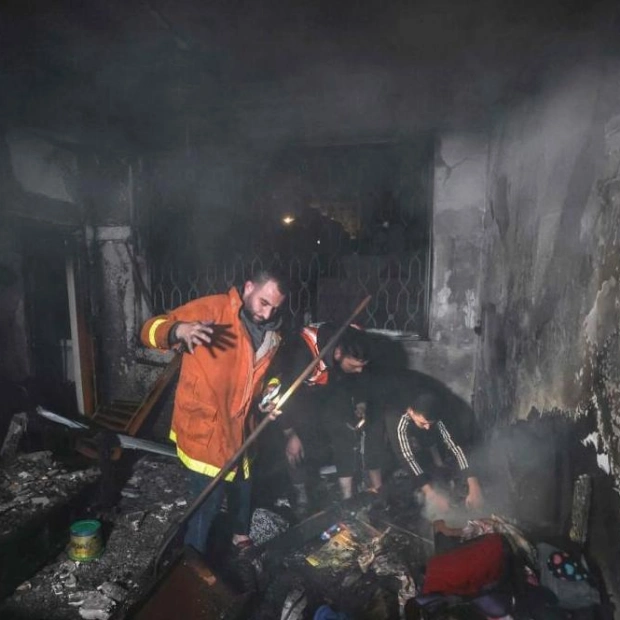Iran's Supreme Leader, Ali Khamenei, known for implementing some of the most stringent Internet access restrictions globally, stated on Tuesday that oversight of cyberspace is necessary. He pointed to the arrest of Telegram's founder, Pavel Durov, in France as evidence that other nations also enforce regulations. "There must be laws to govern cyberspace. Every country does it. Consider the French, who arrested this individual and threatened him with a 20-year prison sentence for violating their laws," Khamenei remarked during a session with President Masoud Pezeshkian and his cabinet, who are considered relatively moderate. Despite Iran having some of the world's strictest Internet controls, tech-savvy Iranians often circumvent blocks on US-based social media like Facebook, Twitter, and YouTube using virtual private networks (VPNs).
Durov, who holds dual Russian-French citizenship, was detained in Paris as part of an investigation into crimes involving the sexual abuse of children, drug trafficking, and fraudulent activities on his platform, according to French prosecutors. His messaging app is blocked in Iran. Iran frequently prosecutes Internet users based on content they share online. "Some fail to comprehend or choose not to, but I have previously stated that virtual space must be regulated to transform it into an opportunity rather than a threat," Khamenei added.
During presidential debates, Pezeshkian criticized Internet filtering, especially its impact on the economy, as many small businesses rely on social media. Iran ranked third globally in Internet shutdowns in 2023, according to digital rights group Access Now. This included nationwide and targeted mobile network shutdowns, as well as blocking access to Instagram and WhatsApp, the only two major platforms not already completely banned, Access Now reported.
